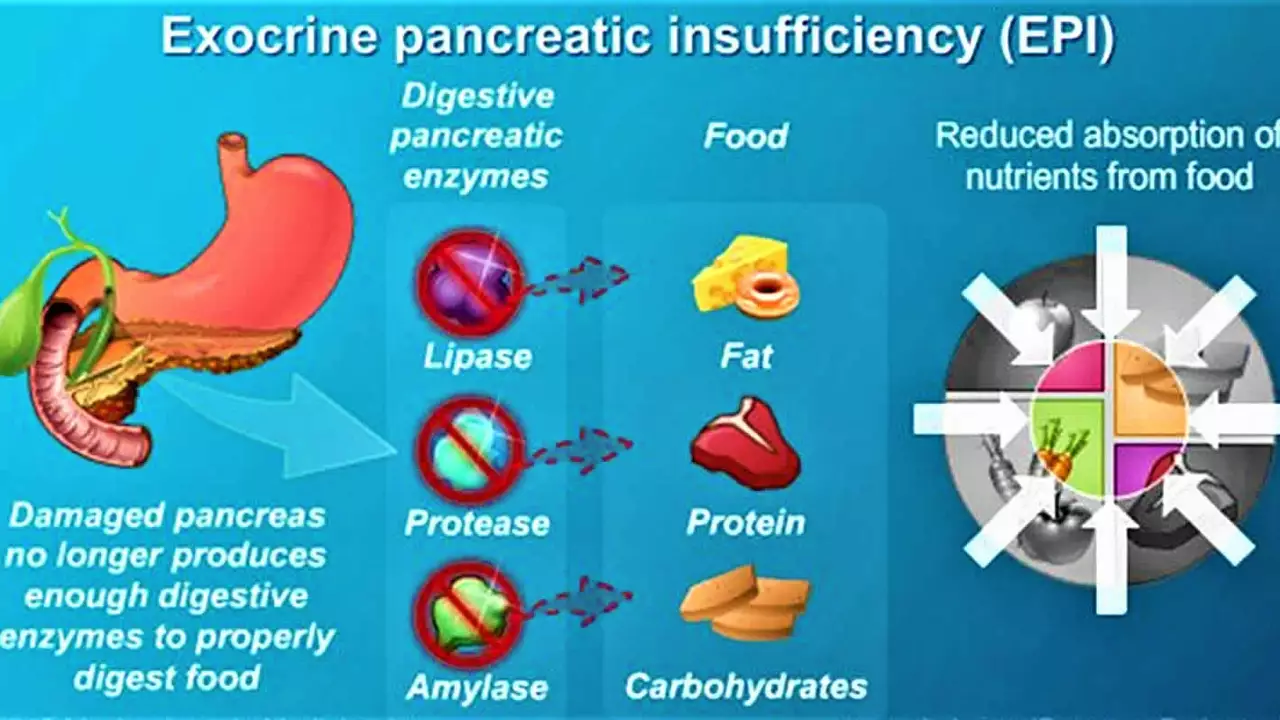Diet: Practical Tips, Safe Supplements & Food-Medication Notes
Want a diet that helps energy, sleep and meds work better? Start with simple rules: eat whole foods, balance protein at every meal, and keep carbs smart. Small changes beat big crash diets. Swap processed snacks for fruit, nuts or yogurt and you’ll feel steadier through the day.
Timing matters. If you take medications like amitriptyline, metformin or antibiotics, food can change how they work. Take fat-soluble drugs with a bit of healthy fat — a spoon of olive oil, avocado or a handful of nuts — to help absorption. For others, like some thyroid meds, take them on an empty stomach. Check each medication’s label or ask a pharmacist when you need a concrete rule.
Supplements that often tie into diets
Not all supplements help. Some do: omega-3 for inflammation, vitamin D if you’re low, and probiotics for gut issues. Natural sleep aids like zizyphus (jujube) or hops can be useful for mild sleep problems, but don’t mix them with sedatives without checking with your doctor. New combos like “Cade” are trendy — read ingredient lists, look for third-party testing, and watch for interactions with prescriptions.
Practical meal ideas and portion tips
Start simple: a plate split roughly in half for veggies, one quarter for lean protein, and one quarter for whole grains or starchy veg. Breakfast ideas: Greek yogurt with berries and a sprinkle of flax; eggs with spinach and a slice of whole-grain toast. Lunch: grilled chicken salad with quinoa and olive oil dressing. Dinner: baked fish, roasted veggies, and a small sweet potato. Snack smart: apple with peanut butter or a small handful of almonds.
Watch salt if you take blood pressure meds, and avoid grapefruit with certain heart or cholesterol drugs. Alcohol can change how many meds act — some make you drowsy or increase liver stress. If weight is a concern, aim for steady loss of 0.5–1 pound a week by cutting 250–500 calories daily and keeping activity consistent.
Practical tracking helps. Note one habit to change each week — drink an extra glass of water, add a vegetable to every meal, or swap soda for sparkling water. Use a pill organizer and set reminders so meals and meds line up safely. If you’re starting or stopping any medication, revisit your diet plan with your clinician or pharmacist.
If you want deeper reading, our site covers supplements like zizyphus and hops, drug-specific diet notes for meds such as amitriptyline, and safe online pharmacy guides. Pick what fits your life, keep changes small, and always check interactions when combining supplements and drugs.
Special diets can help certain conditions. Low-FODMAP can ease IBS symptoms but try it with guidance — long-term restriction risks missing nutrients. Keto helps some people lose weight but can change blood sugar and interact with diabetes meds. If you have a chronic condition, work with a dietitian or your doctor before starting a strict plan. Small tests and lab checks keep things safe. Also.







